Courageous Gospel Citizens - Philippians 1:27-30
In the mid-1600s, a young English pastor named John Bunyan was arrested simply for preaching the gospel without a government license. For the next twelve years he sat in a damp, overcrowded prison, enduring harsh conditions and the scorn of the world. Yet Bunyan refused to renounce his faith or compromise his message. From that cell he produced one of the most beloved Christian books of all time — The Pilgrim’s Progress.
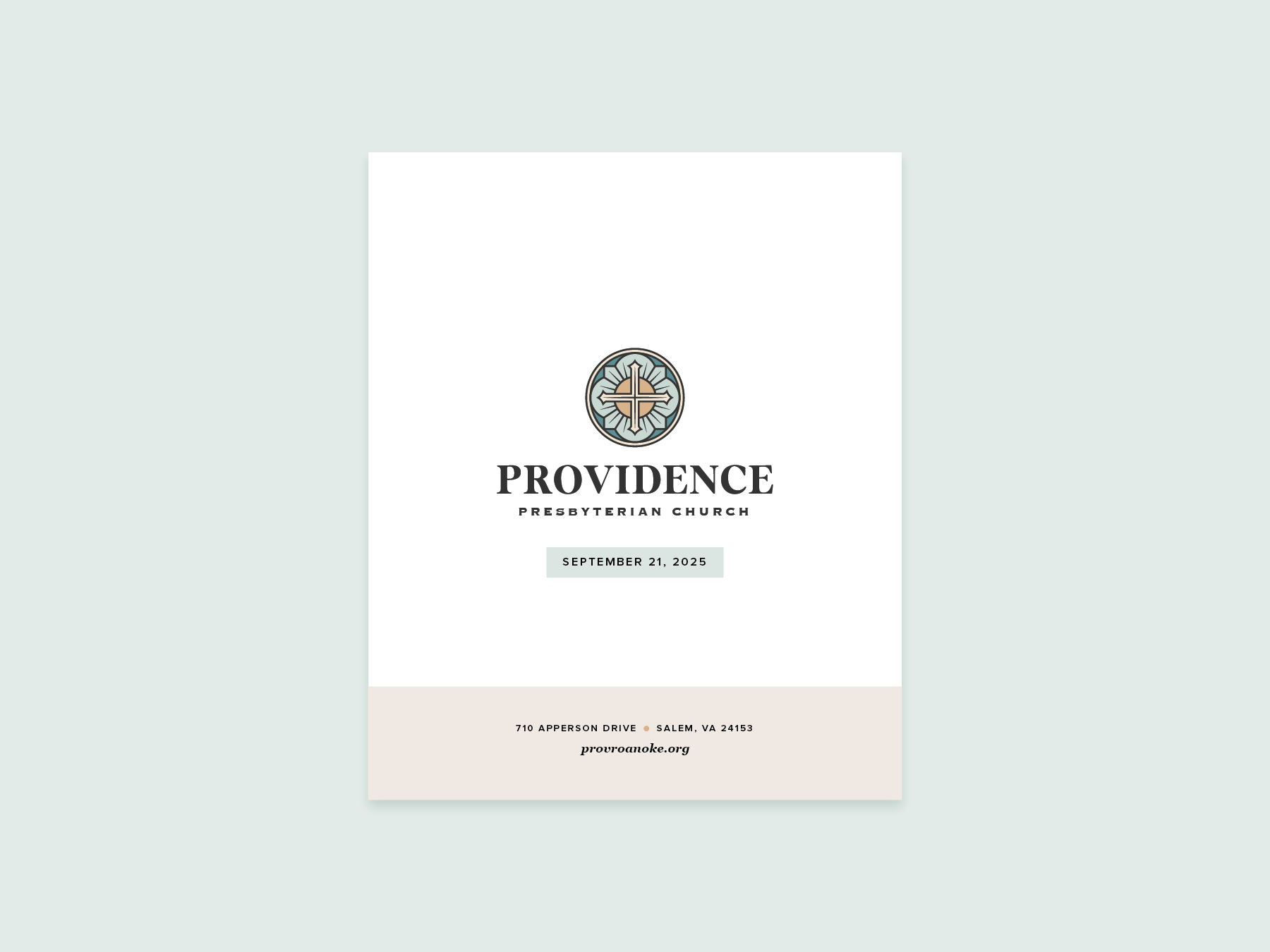
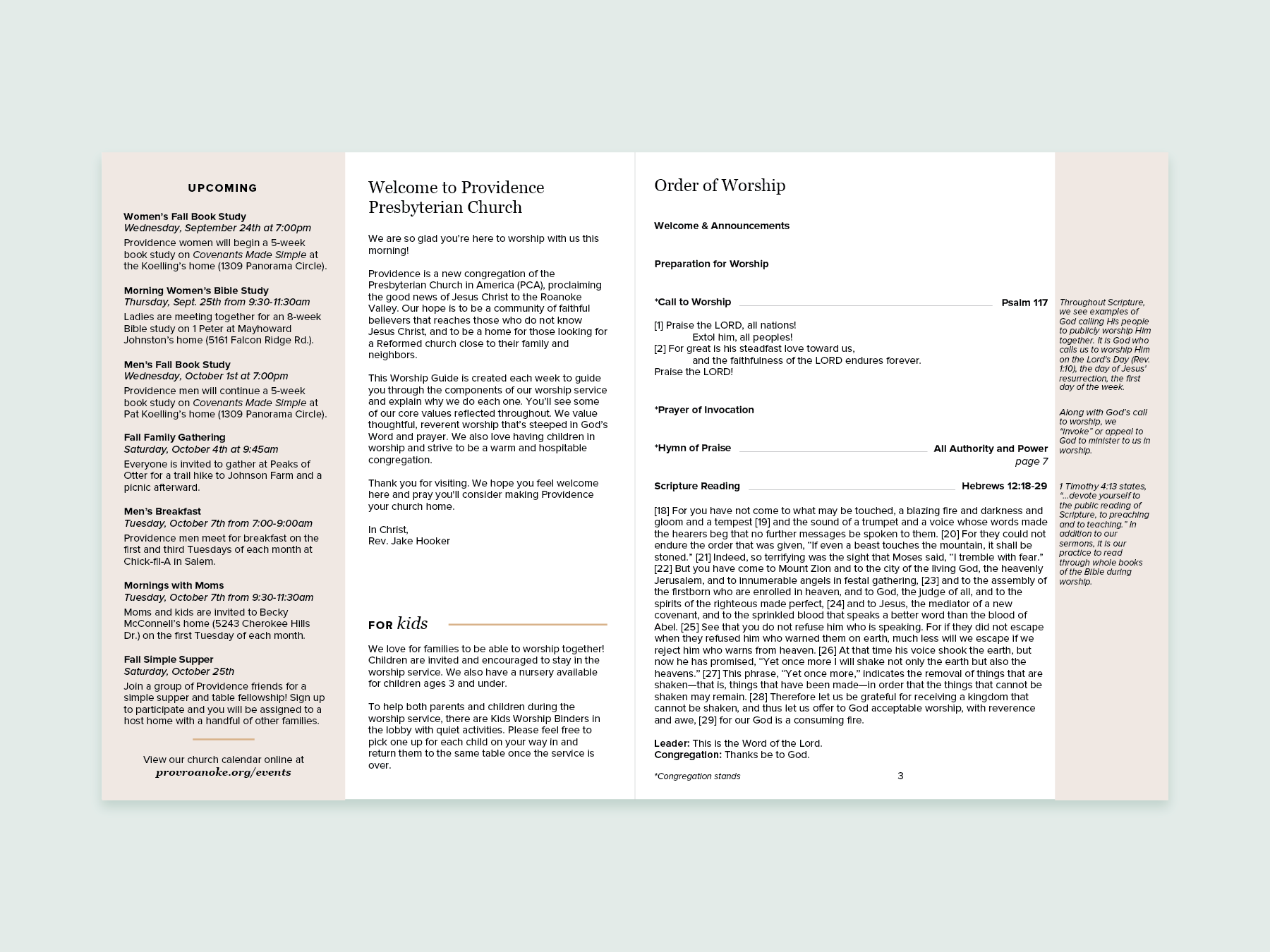
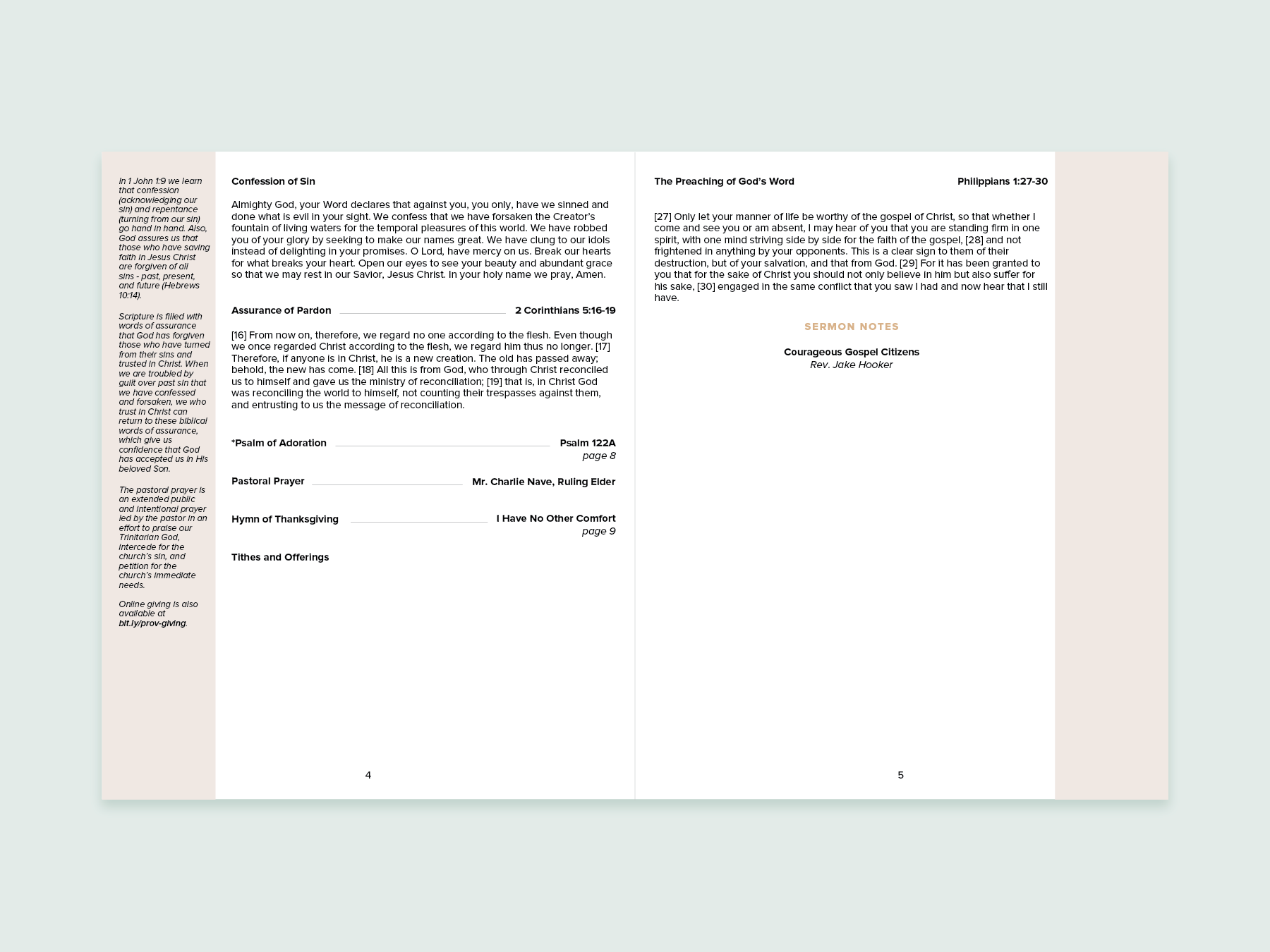
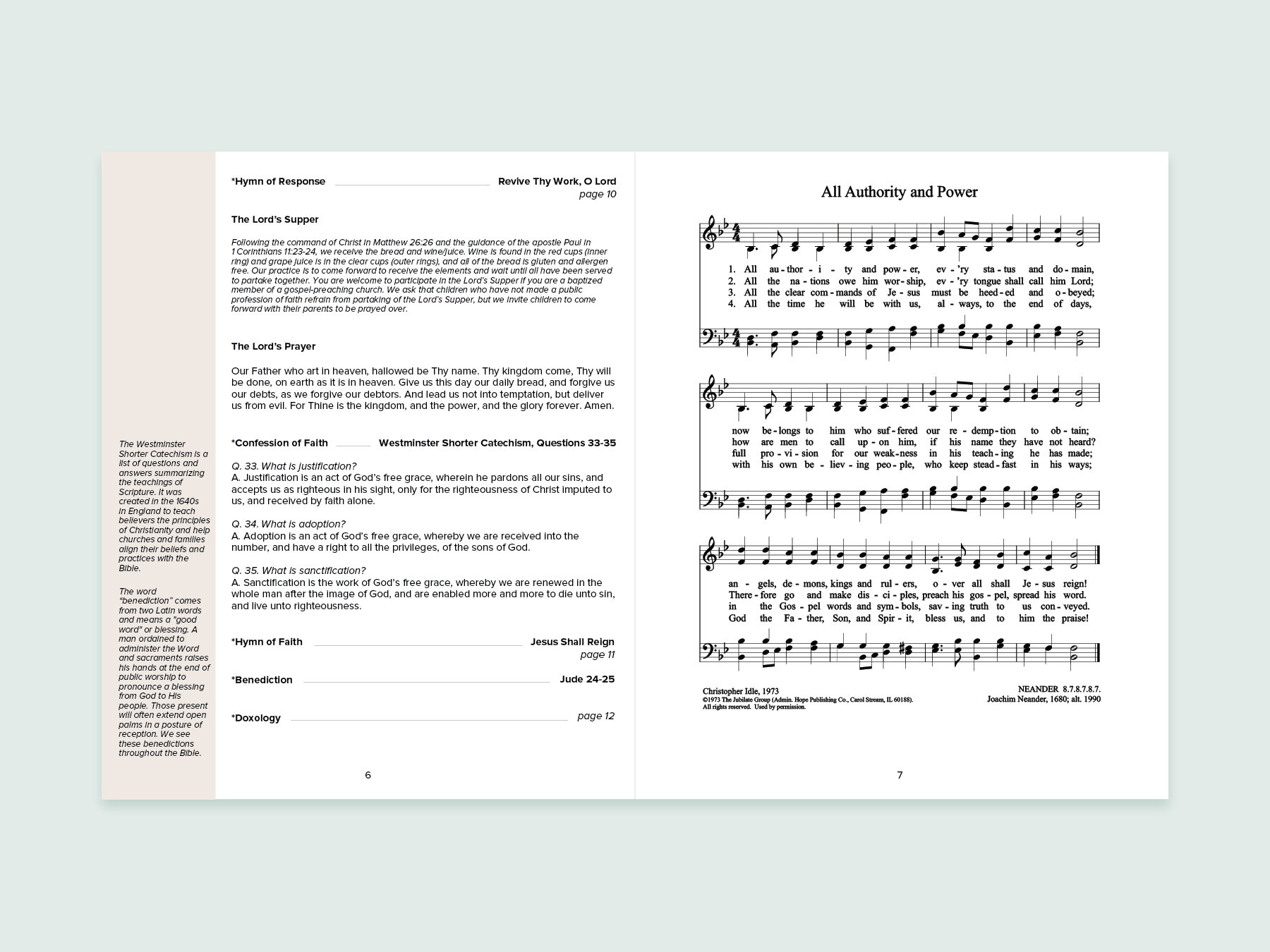
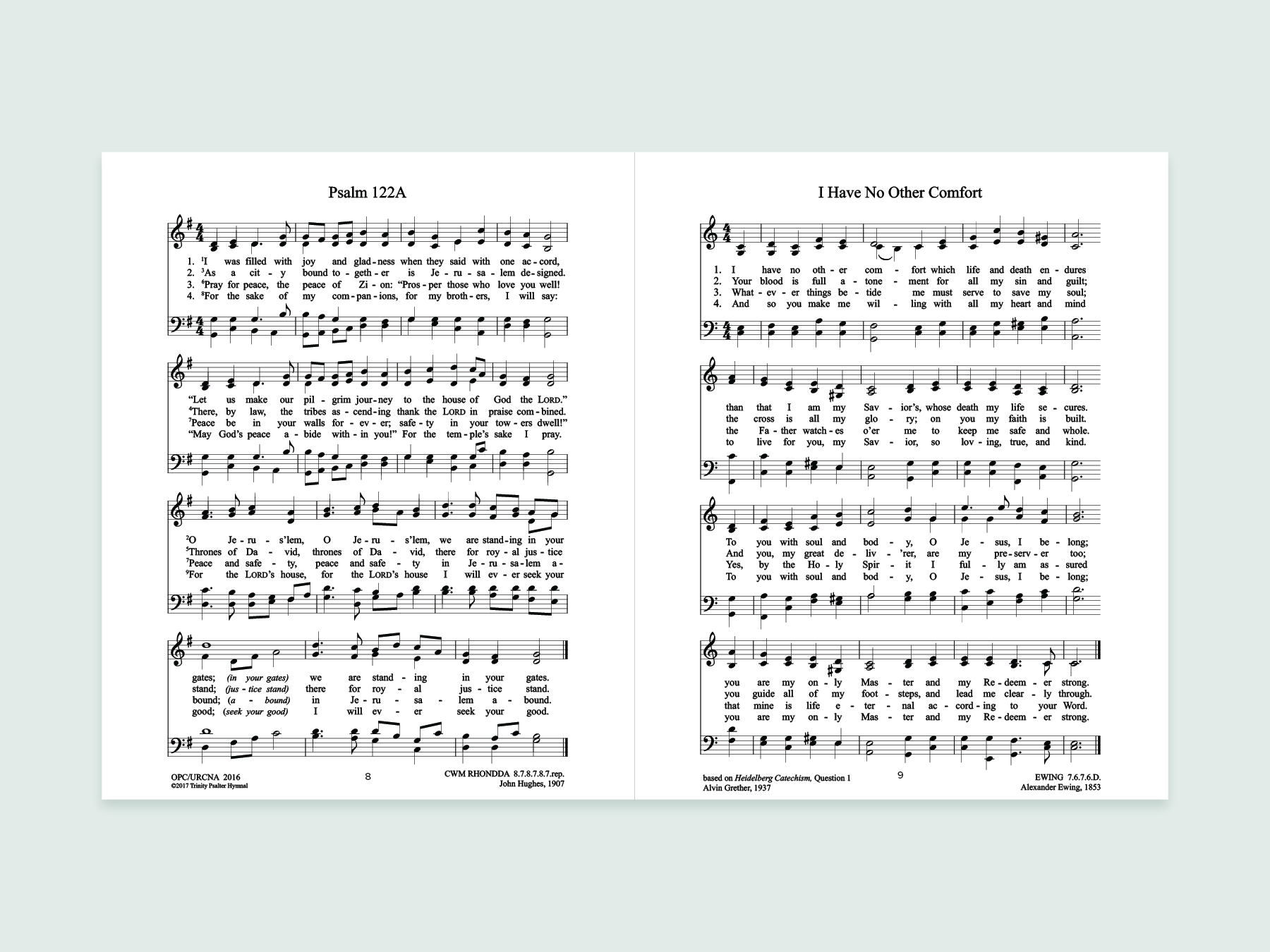
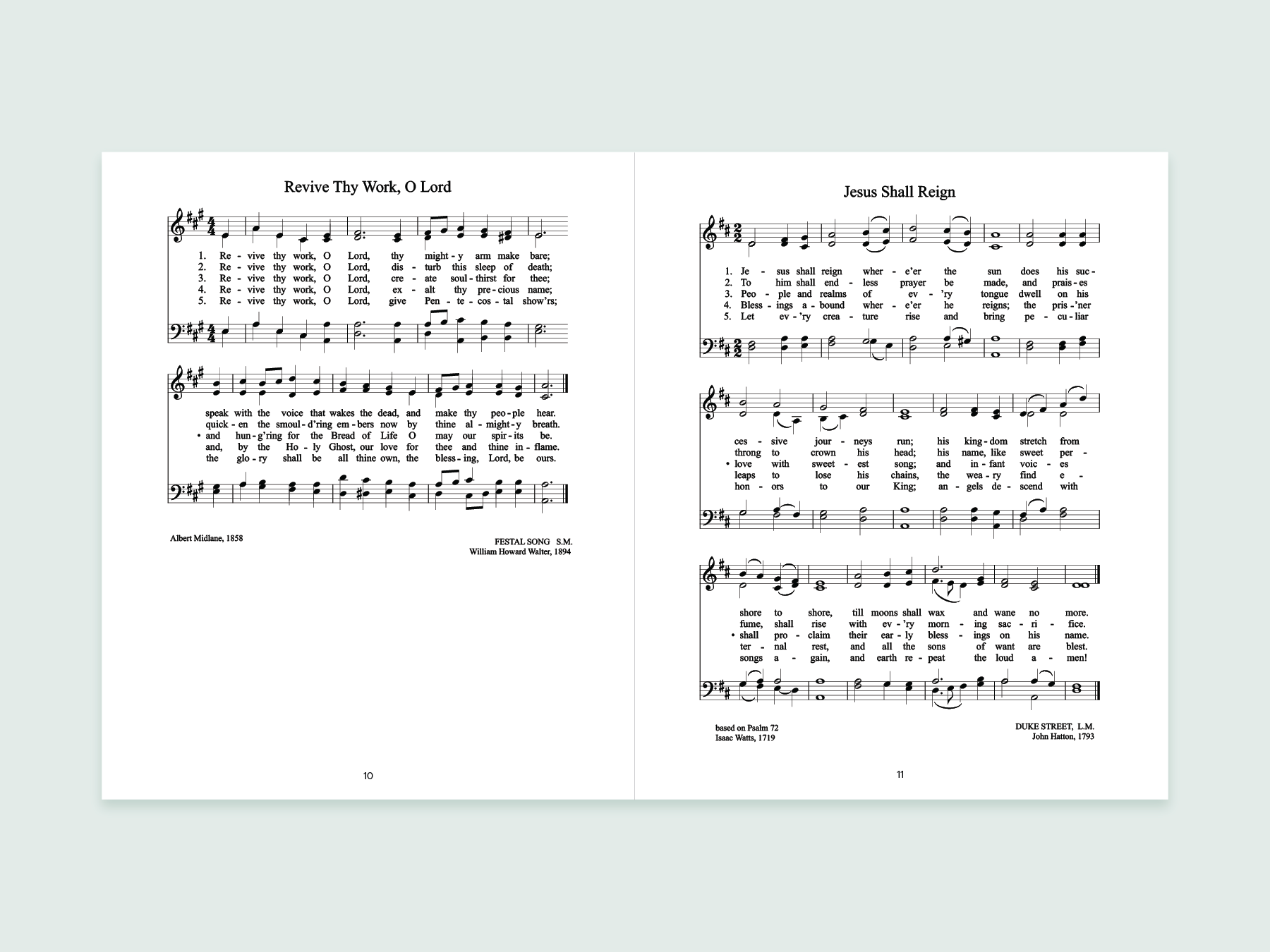
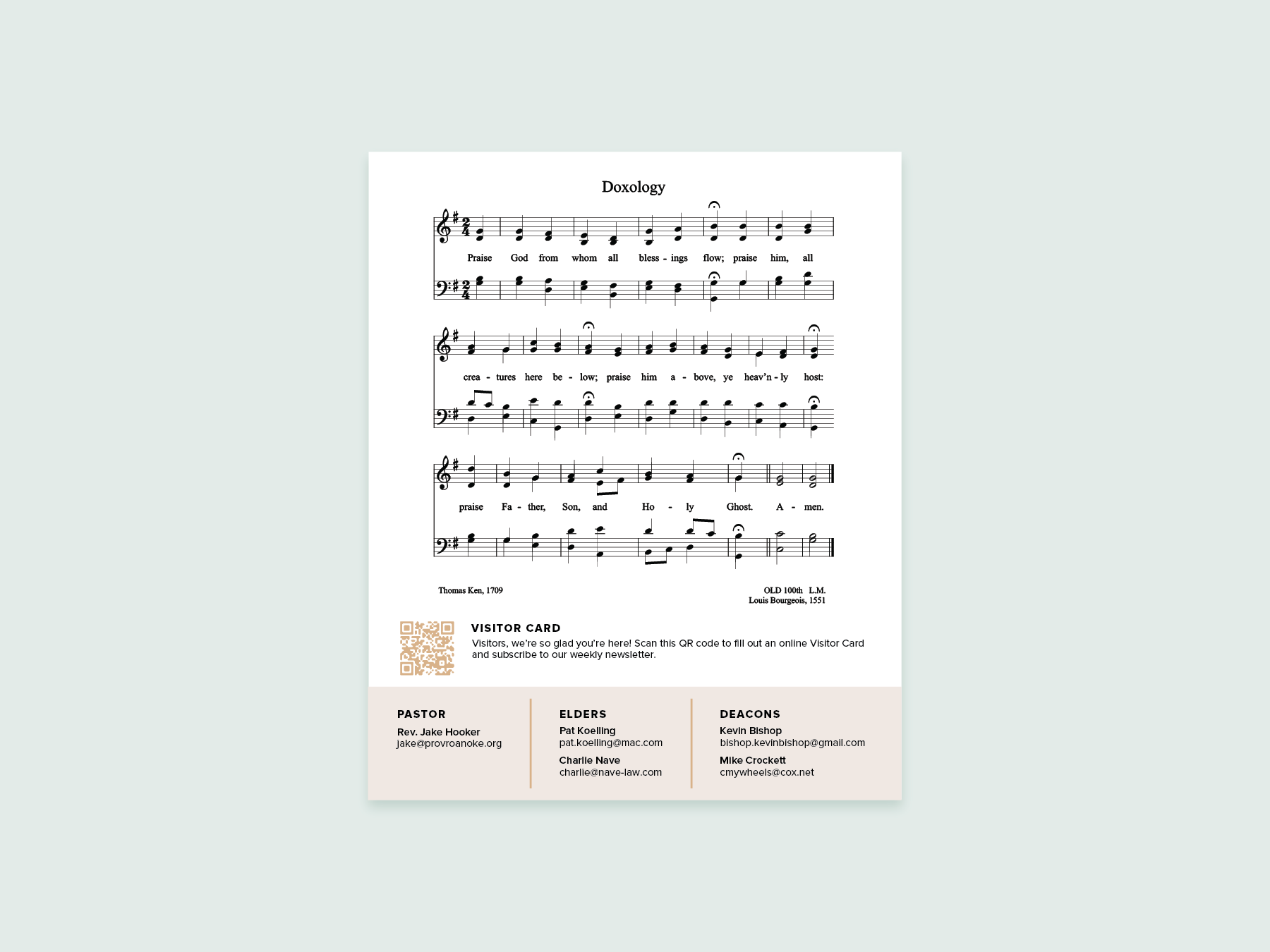
That book tells the story of a believer making his way to the Celestial City, facing trials, temptations, and dangers along the path. It is, at its heart, a call to remain faithful to Christ whatever the cost — the very lesson Bunyan himself was learning as he wrote. For centuries, The Pilgrim’s Progress has inspired believers to stand firm in the gospel even when obedience is costly.
In many ways, these four verses in Philippians do the same thing. From his own imprisonment, Paul writes to encourage the Philippians to stay faithful and stand courageous in the face of opposition and suffering — a reality he himself knew intimately.
In Philippians 1:27-30, Paul lists four reasons for this courage. First, Christian courage is a sign of God’s judgment; second, Christian courage is a sign of true faith; third, Christian courage embraces suffering as an honor; and lastly, Christian courage is strengthened by shared struggle. As we reflect on these truths, we’ll see that courage is not merely a personal virtue; it is the natural outworking of our citizenship in the gospel — a faithful witness to Christ and a light to the watching world.
This call to courageous, gospel-centered living doesn’t come out of nowhere. In the verses just before, Philippians 1:18b–26, Paul has already shown us what it looks like. He rejoices that Christ is preached even when others preach from wrong motives. He faces his own possible death with confidence, knowing that “to live is Christ and to die is gain.” And he explains that, though he longs to depart and be with Christ, he will remain for the Philippians’ progress and joy in the faith. In other words, Paul himself embodies the very courage he now calls them to—a courage rooted in Christ, shaped by the gospel, and aimed at the advance of God’s kingdom.
Christian courage is a sign of God’s judgment (v. 28a)
You know, at a certain level it had to be challenging for the Philippians to take Paul instruction on courage, after all, look at where it got him! Paul’s courage didn’t earn him the adulation and praise of those around him – it landed him in prison. And because of his courage, his life literally hung in the balance. Whether he would live or die was anyone’s guess.
Would the Philippians grow timid, thinking, “If this is what happens to faithful Christians, maybe I shouldn’t be so quick to speak about my faith”? Who would want to end up in Paul’s position? You can see Paul’s dilemma here: how in the world do you encourage your fellow believers to not shrink back and remain courageous, when your courage and boldness landed you in prison?
Look at verse 27, “Only let your manner of life be worthy of the gospel of Christ.” The phrase “manner of life” could be translated, “conduct yourselves” or even “behave as citizens worthy of the gospel.” Paul deliberately uses a political word here. Philippi was a Roman colony, and its citizens were proud of their Roman identity. They understood the privileges and responsibilities that came with Roman citizenship.
So when Paul tells them to “behave as citizens,” he is not simply saying, “Be good Roman citizens” the way someone might tell you to be a good American citizen. He’s drawing an analogy—an argument from the lesser to the greater. Just as the Philippians would know how to conduct themselves with dignity as citizens of Rome, they must remember that they are citizens of another, far greater kingdom. Their truest allegiance, their ultimate loyalty, isn’t with the Roman Empire, but to Jesus Christ.
And what makes someone “a worthy citizen of the gospel of Christ” isn’t their ability to adhere to some sort of external code of conduct. What makes someone “a worthy citizen of the gospel of Christ” is their willingness to remain faithful to Jesus Christ even in the face of opposition.
You know, opposition to Christianity isn’t anything new, despite the fact that it’s the most peaceful religion in the world. After all, we’re commanded to pay taxes, which is at times one of the more difficult biblical commands to follow. We’re instructed not to retaliate and pay evil for evil, to go the extra mile, to consider others more important than ourselves, and the list goes on.
And yet in spite of that, the opposition to Christianity is the strongest. Statistically speaking, Christianity is the most persecuted religious group in the world.
We even saw much of that the other week. Some may say that Charlie Kirk was killed for his conservative political views, but the truth is, Charlie Kirk was killed because he was a Christian. Charlie made it abundantly clear that his political convictions flowed downstream from his faith in Jesus Christ and commitment to Scripture.
Psalm 2 even speaks of this when the Psalmist famously asks, “why do the nations rage?” The world rages against Jesus Christ and his followers. It’s not because Christians have the wrong political opinions – it goes much deeper than that. We’re in a spiritual war. We do not fight against flesh and blood. The enemy will do whatever he can to wreak havoc, discourage, and attack believers.
But if Jesus Christ has rescued you from sin, death, and hell itself, and made you His own, adopted you into His family, and stamped you with the seal of His Spirit – how could you possibly renounce your citizenship in His kingdom the moment you face a trial?
And it can be discouraging when Christians are attacked. It’s sad. Undoubtedy the Philippians were sad too because Paul, their fearless leader, was imprisoned. But Paul tells them, not be discouraged by the opposition or challenges they may face. Paul actually says that if you’re being opposed for your faith in Christ, that should encourage you. The reason he says you should be encouraged is because those who stand in opposition to Jesus Christ will soon be destroyed.
Look at what Paul says: “Only let your manner of life be worthy of the gospel of Christ, so that whether I come and see you or am absent, I may hear of you that you are standing firm in one spirit, with one mind striving side by side for the faith of the gospel, 28 and not frightened in anything by your opponents. This is a clear sign to them of their destruction…”
Paul says that their unity and commitment to Jesus Christ and proclamation of the gospel even in the face of hardship and trials is a sign to their opponents of their impending destruction.
That’s a staggering way to reframe opposition. But we know who oppose the Lord Jesus will not stand forever. One day, their power, their influence, and their strength will be broken down before King Jesus. No ruler, no system, no cultural pressure, and no personal enemy can ultimately overturn His reign. What may look overwhelming now is only temporary; Christ’s kingdom is eternal.
When Paul speaks this way, he’s not minimizing the pain of persecution or the reality of suffering, but he is lifting our eyes to a larger horizon. Every act of opposition against the church is already marked for judgment; every force that seems immovable today will one day bow the knee and confess that Jesus Christ is Lord. This isn’t a call to gloat over our opponents but to anchor our courage in something that is far greater than ourselves – the unshakable rule of Christ. Because we know the end of the story, we can stand firm in the present.
Christian courage is a sign of true faith (v. 28b)
There’s a legendary boxing match that took place at Harvard University in 1879. It wasn’t much of a contest—one fighter pummeled the other with blow after blow until the young man’s nose was broken and bleeding profusely. Spectators on campus begged the beaten fighter to stop, to throw in the towel. But he wouldn’t. What made the bout legendary was not the quality of the fight but the sheer courage of the young man who kept standing up and stepping back into the ring, round after round, to be hit again.
That bloodied freshman was none other than Teddy Roosevelt. Knowing that story reshapes the way you hear his later words in Paris, when he spoke of “the man in the arena”:
“It is not the critic who counts… The credit belongs to the man who is actually in the arena, whose face is marred by dust and sweat and blood… who spends himself in a worthy cause; who, at the best, knows the triumph of high achievement, and who, at the worst, if he fails, at least he fails while daring greatly…”
Roosevelt’s point was that real honor belongs not to the critic but to the person who is willing to endure and stay in the fight.
And in a much greater sense, that’s what Paul is telling the Philippians.
Courage in the Christian life isn’t about being combative for its own sake; it’s about getting up, standing firm, and continuing to strive for Christ even when you know the blows are coming. But notice Paul also says that this courage should be understood in a very particular way: your willingness to take a stand for Jesus Christ is assurance of your salvation.
Look at verses 27-28 again: “27 Only let your manner of life be worthy of the gospel of Christ, so that whether I come and see you or am absent, I may hear of you that you are standing firm in one spirit, with one mind striving side by side for the faith of the gospel, 28 and not frightened in anything by your opponents. This is a clear sign to them of their destruction, but of your salvation, and that from God.”
Isn’t that interesting? Your willingness to stand for Christ, your Christian convictions, and allegiance to His Kingdom, regardless of the opposition you may face is a sign of your salvation.
Which is so different from the way we typically think about courage. We often think of courage as something we muster up from within ourselves – a kind of Christian toughness. But that’s not Paul’s point. He’s not talking about courage as evidence of Christian toughness, rather, Paul is saying that true courage in the Christian life is not self-generated grit; it is evidence that God is at work in you.
The very fact that you are still standing, still proclaiming and confessing Jesus Christ as Lord and Savior, when it would be so much easier to compromise, does not point to your toughness, but rather, to God’s grace. It’s God’s Spirit enabling you to persevere.
That’s why Paul calls it a “sign” of salvation. When you refuse to be intimidated by opposition, you’re not just making a statement to the world — you’re also receiving a confirmation to your own heart. God is saying, “This is My work in you. I am holding fast to you.”
And that should comfort you. When doubts arise, when the battle feels long, remember that your very struggle to remain faithful is not wasted. It’s a living signpost — to your opponents of God’s justice, but to you, it’s a sign of His redeeming grace in your life.
Christian courage embraces suffering as an honor (v. 29)
The reality is, many professing believers are afraid of the consequences of boldly speaking out for Christ. They worry that if they say something about their Christian convictions they may face backlash that could hurt them or their families. And no doubt, this has always been the case. It was certainly the case for the Philippians as well. Whenever there is opposition to you and your church there’s always a threat of suffering. And no one wants to suffer! That impulse to avoid pain, loss, and dishonor is human and understandable. Yet Paul, writing from prison himself, gently but firmly reframes how Christians should see this reality.
Notice what Paul says there in verse 29: “For it has been granted to you that for the sake of Christ you should not only believe in him but also suffer for his sake…” It’s worth noting that the Greek verb translated as “granted” is charizomai, which means “graced.” Literally, verse 29 says, “For it has been graced to you that for the sake of Christ you should not only believe in him but also suffer for his sake…” In other words, suffering for Christ is not an accident, nor merely a test; it is part of the gift God gives to his people. Just as faith is a gift, so also is the privilege of sharing in Christ’s sufferings.
Which is so different from the way we tend to think of suffering. We tend to see suffering as something to be avoided at all costs. Paul wants the Philippians—and us—to see suffering for Christ as something dignifying, something that actually confirms our union with Jesus.
It reminds me of what is recorded for us in Acts 5. The apostles are arrested by the high priest and Sadducees for preaching about Jesus, but an angel miraculously frees them and tells them to keep proclaiming the gospel in the temple. Brought again before the council, they boldly declare their obedience to God rather than men, are flogged, warned, and released.
And do you remember what’s recorded for us at the end of the passage? We’re told, “Then they left the presence of the council, rejoicing that they were counted worthy to suffer dishonor for the name.” That reaction seems contrary to our natural instincts. Yet the apostles understood that to bear reproach for Christ is to be identified with Christ himself. Their joy flowed from knowing that God had not abandoned them; rather, He had included them in the very pattern of Christ’s own life—obedience, rejection, and suffering.
Frankly it’s one of the odd things about Christianity – we have a favorable view of opposition, pain, and suffering on account of Christ. Not because we enjoy pain for its own sake, but because it is a privilege, a grace, to taste in the sufferings of Christ. To suffer for him is to share in his mission and to anticipate his glory.
I like the way Sinclair Ferguson put it: “Suffering is the friction which polishes our graces. Without [suffering] we would be all the poorer as reflectors of the image of [Christ].”
Christian courage is strengthened by shared struggle (v. 30)
Of course, Paul isn’t writing any of this from an ivory tower, completely detached from the experiences of the church in Philippi. He is not a theorist offering abstract advice about hardship. Paul knew what it meant to suffer. He knew exactly what the Philippians were experiencing because he was living it himself—sometimes even more intensely. In fact, the very first time Paul came to Philippi, Acts 16 tells us that he and Silas were seized, beaten with rods, and thrown into prison for preaching the gospel. The believers in Philippi had literally witnessed the cost of his ministry.
So when Paul tells them in verse 30 that he is “engaged in the same conflict that you saw I had and now hear that I still have,” he is reminding them that he is in the trenches with them. The path they were walking was the very path that he had walked before them, and—more importantly—it’s the path that Christ himself had walked.
And so, Paul isn’t saying, “Be brave like me.” Rather, he’s saying, “You and I are in this same fight together. The gospel will bring opposition, but we stand firm side by side.” One of Paul’s points even in these four verses is that hardship, suffering, and trials are bringing them all together.
“I may hear of you that you are standing firm in one spirit, with one mind striving side by side for the faith of the gospel.”
His own chains lend credibility and weight to his encouragement. He embodies the very courage and endurance he calls them to display. Never does Paul call believers to anything he hasn’t already embraced himself. Instead, he invites them into a shared fellowship of faith, suffering, and hope, showing them that the grace sustaining him will also sustain them.
There’s something very powerful about knowing that you’re not alone. That what you’ve experienced is the experience of those around you as well. This is why Paul emphasizes partnership and fellowship so often in his letters. He wants the Philippians to see that their suffering is not an anomaly but part of a much larger story—the story of Christ’s own sufferings reproduced in His people.
When they remember that the same Lord who strengthened Paul in chains is present with them in their trials. And they also remember that they are surrounded by brothers and sisters who pray, encourage, and bear burdens together. In the mystery of God’s providence, even persecution becomes a thread that binds the church closer together and testifies to the watching world that Jesus is worth it all.
Here’s the truth about courage — it cannot be separated from a worthy cause. No one willingly endures pain, ridicule, or loss for something trivial. We are only as courageous as the thing we are living for. A soldier may risk his life for his country because he believes it is worth defending. A parent will run into a burning house to save a child because love overcomes fear. In the same way, Christian courage flows from the surpassing worth of Christ and His gospel.
This is why Paul roots his call to courage in Philippians 1:27–30 in the reality of “living as citizens worthy of the gospel.” He’s not telling us to grit our teeth, summon inner strength, and act brave. He’s showing us that the gospel itself gives believers a cause that is infinitely worthy, a kingdom that cannot be shaken, and a King who has already conquered sin, death, and hell. When our hearts are captivated by Christ’s beauty, courage ceases to be an act of willpower and becomes the natural overflow of loyalty and love for Him.
Think about it: if your highest cause is your personal comfort, reputation, or security, then the first whiff of opposition will make us shrink back. We will keep silent rather than speak the truth. We will retreat rather than stand firm. But if our deepest allegiance is to Jesus, then even suffering becomes an opportunity to display His worth. We can lose our jobs, our status, or even our freedom without losing our true life, because our life is hidden with Christ in God. This is the logic of Paul’s own life: “For to me to live is Christ, and to die is gain.”
So courage for the Christian is not simply about being tough; it’s about treasuring something greater than our fears. The gospel gives us that “greater”—a Savior who loved us to the point of death and now reigns over every power and authority. And because we belong to Him, our suffering is never wasted. It becomes a testimony. It becomes a sign to the world of God’s coming judgment and of our salvation.
Therefore ask yourself: What am I living for? What am I willing to suffer for? The answer to those questions will reveal what’s most important to you. When Christ is your treasure, you’ll discover a courage not rooted in your own resolve but in the unshakable worth of the gospel itself.
Amen. Let’s pray together.
